How to Adapt to a Plastic Bag Ban and Fight Plastic Pollution
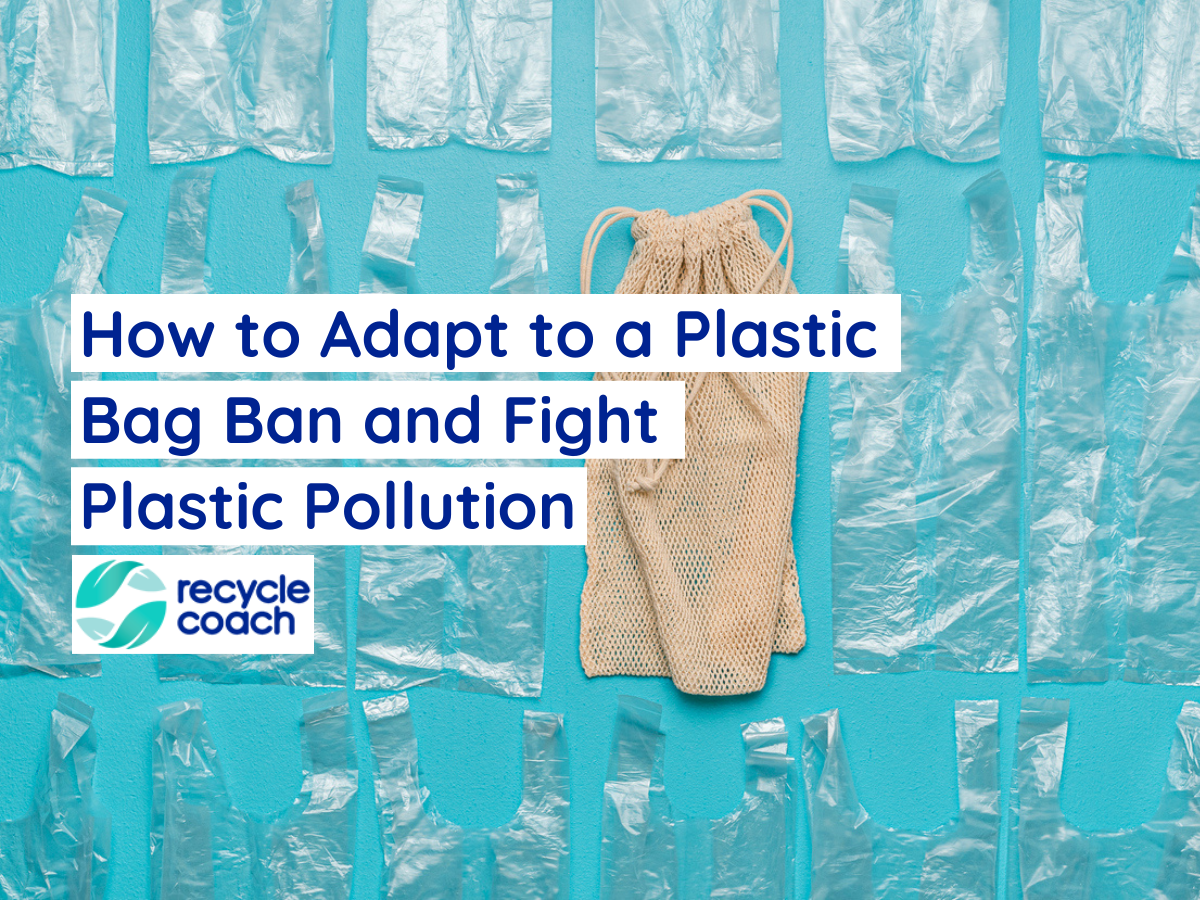
The ever-growing shift in legislation to create plastic bag bans has residents shifting their shopping habits. Governments are taking action against environmental plastic pollution concerns by banning single-use plastic bags and other plastic packaging. Let’s take a deeper look into why this is happening and how you can adapt to the changes.
Should We Stop Using Plastic Bags?
The simple answer is yes! Plastic carryout bags, produce bags, and grocery bags are an unnecessary part of our lives. Before their invention in 1959, people did not need plastic bags to go shopping. Ironically, plastic bags were meant to be the solution to deforestation for paper bags. The original idea behind plastic bags was that they would be reused and people would bring them back to the stores over and over again unlike paper bags.
Obviously as time went on, the concept of plastic bags saving the environment went awry and our eyes have been opened to the environmental impacts of plastic pollution. Does this mean there are no practical uses for plastic bags to stay in production? No. Disposing of medical waste and other hazardous items may still need the sterile enclosure of a plastic bag, but overall, there are many instances in which they no longer serve a positive purpose.
What Are the Harmful Effects of Plastic Bags on the Environment?

There are several levels to answer this question. Let’s start with the simplest one- abundance of plastic waste. This is especially true when it comes to single-use plastic. Over the years since single-use plastic items have been introduced, the amount of plastic produced has grown exponentially as more aspects of our lives adapt to single-use plastic items. What once was just a small amount of plastic bags to help curb the use of paper bags, has grown into what seems to most people to be a necessity during their shopping trip.
Plastic bags are used for an average of 25 minutes before they are disposed of and forgotten. A plastic bag takes up to 1000 years to photo-degrade, which is a way in which the plastic doesn’t actually break down, but instead turns into microplastics that continue to pollute the environment. Now imagine the million or so bags that are being used around the world every minute building up in landfills. That’s an outrageous amount of plastic waste.
Plastic pollution has become a strain on our natural environment. From impairing the growth for marine bacteria that is imperative to the ocean life food chain, to the release of toxic chemicals when plastics are incinerated at waste facilities, there are a plethora of ways in which plastic bag bans could lower environmental risk of plastic waste pollution.
What Are the Advantages of Banning a Plastic Bag?
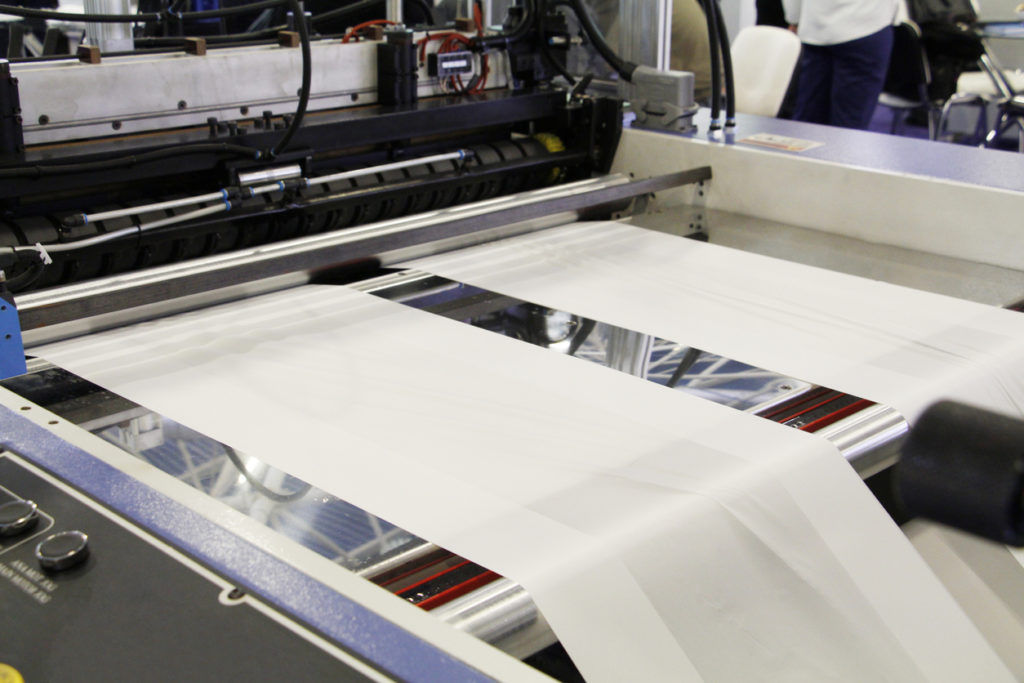
By enacting plastic bag bans at the governmental level, it is not left up to average citizens to shoulder the weight of environmental damage from plastic pollution. The producers and distributors of unnecessary single-use plastic bags would now be forced to seek out more eco-friendly alternatives for their businesses.
Producers of plastic products would need to adjust their production to replace hard to recycle soft-film plastic and start producing sturdier reusable bag alternatives or at least not producing bags using virgin plastic. With less virgin plastic produced, the market for recycled plastic would increase, leading to more plastics accepted for recycling in the future, continuing the push for innovation into recycled plastic technologies.
But Aren’t Plastic Bags Already Recyclable?
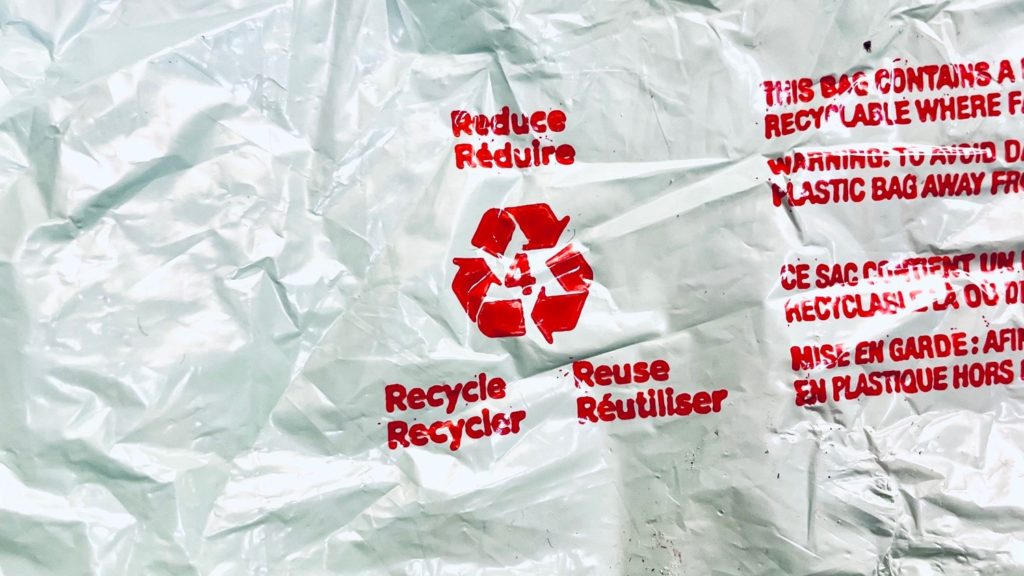
This is a tricky question because although they can be recycled through some special programs, they are not usually accepted in curbside pick-up programs. This is all dependent upon what your local area has available. One way to check is to look it up on the Recycle Coach App in the ‘What Goes Where’ search tool.
There are companies that collect plastic bags at grocery stores or other local big box stores, but it’s not a guarantee they are available in your area and sometimes when a bag ban is enacted, those drop boxes disappear. This makes sense if a grocery store no longer provides plastic bags, why would they continue to pay for a service that collects them? With limited plastic bag collection, recycling plastic bags becomes more and more difficult.
Why Is There So Much Opposition to Plastic Bag Bans?
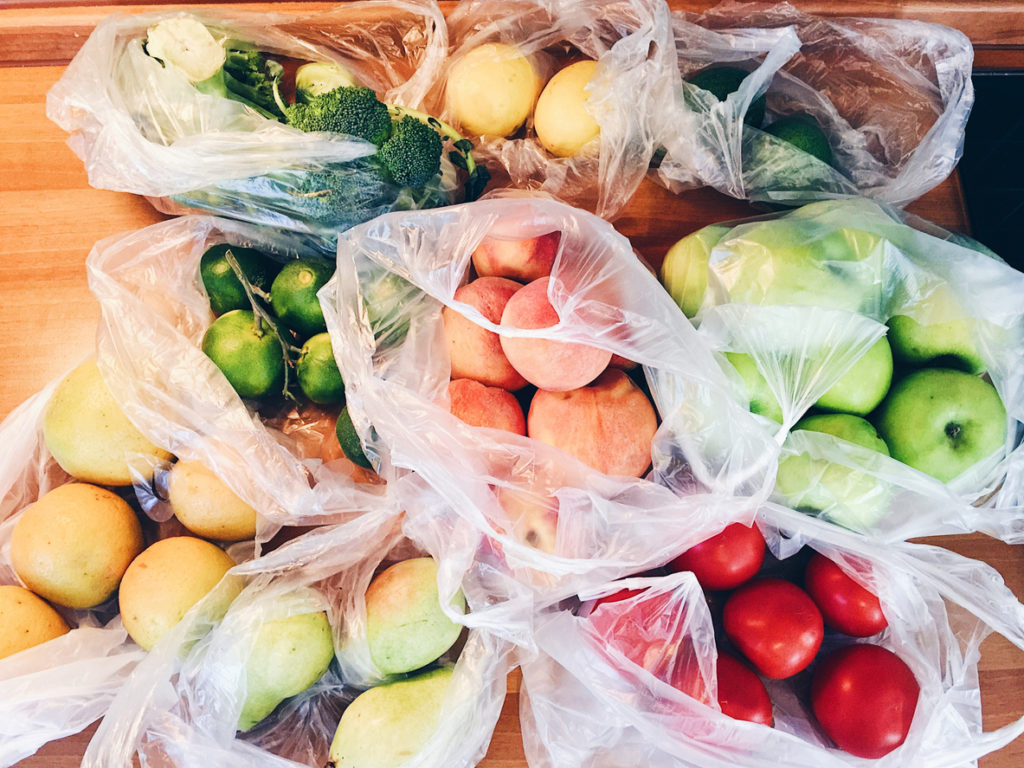
A lot of opposition arises from the worries surrounding alternatives to single-use plastic bags. Since paper bags are easily recyclable, many people switch to them, but in actuality, the carbon footprint of paper bag production can be worse than plastics. Paper bags require the cutting down of trees, which is an undesirable alternative.
The issue of not actually reusing the reusable bags is also a concern. With a plastic bag ban, the options for cheap reusable bags to be sold instead, can lead to many people buying bags but not actually reusing them. What happens then is an influx in reusable, and non-recyclable, bags in the waste stream.
What Are Some Alternatives to Plastic Grocery Bags?

To shift your habits when a plastic bag ban is enacted, it is doubly important that we think through the choices we have for alternative bags. To avoid making our waste worse, we must evaluate our options and choose the most eco-friendly plastic bag alternatives.
Reusable bags should be the first and foremost option as they would potentially be stopping the use of single-use bags for a long time. It’s also worthwhile to choose something durable. Many reusable bags sold at the checkout aisle are quite flimsy and can rip after a few uses. The goal should be to have a few bags that will last you years.
The best plastic bag alternative would be turn old clothes into reusable bags. Textile waste is another big issue for waste management, but if you are able to sew some old durable clothes into reusable bags, you wouldn’t be relying on the use of new materials to make a bag. You’d be doing your own recycling that could cut down on your plastic waste for years.
- T-shirts are quite simple to turn into bags. Check out this no sew method!
- Jeans require much more skill to turn into bags, but could help you carry more durable goods easily.
Final Thoughts
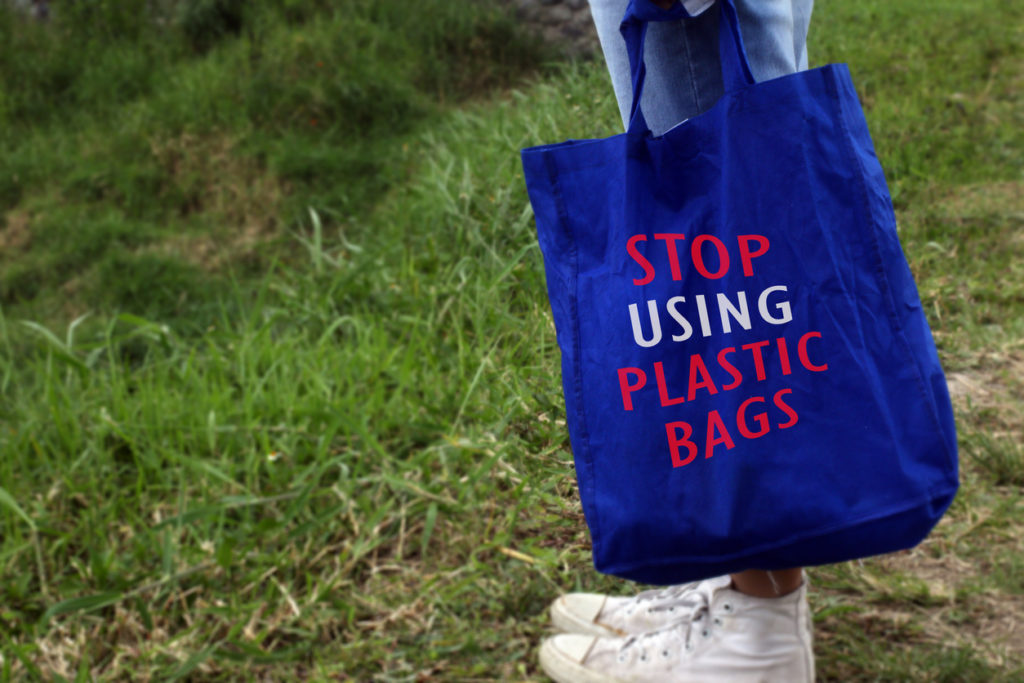
Anything you do to reuse something instead of throwing it away is always beneficial to our environment and can help curb plastic pollution. A plastic bag ban may have it’s minor inconveniences in your daily routine, but overall, it could help lower your carbon footprint. This means it’s important to also consider the environmental impact of your alternatives when adjusting to reusable bags. And most importantly, you need to remember to always reuse your reusable bags!
2 Comments
Comments are closed.
Uma Polymers
September 2, 2022 at 5:39 amSustainable packaging is now an integral part of the circular economy and the environment for both large and small consumers. We’re causing havoc on our planet through plastic pollution. We must start with paper bags, cloth bags, or jute bags.
James Lotz
January 20, 2023 at 3:23 pmMost people are well aware that plastic,& especially plastic bags, are extremely harmful to the environment. I find it difficult to understand what is so difficult about getting rid of the use of single use plastic bags. I live in the Chicagoland area & there has been talk of banning the use of plastic bags for at least the past ten years. There is still no ban & unfortunately, I don’t even hear about that anymore. What is the problem & why are we so hesitant to get rid of something that we all know is terrible for the environment? This problem is especially aggravating considering the alternatives are multiple, simple & relatively cheap.